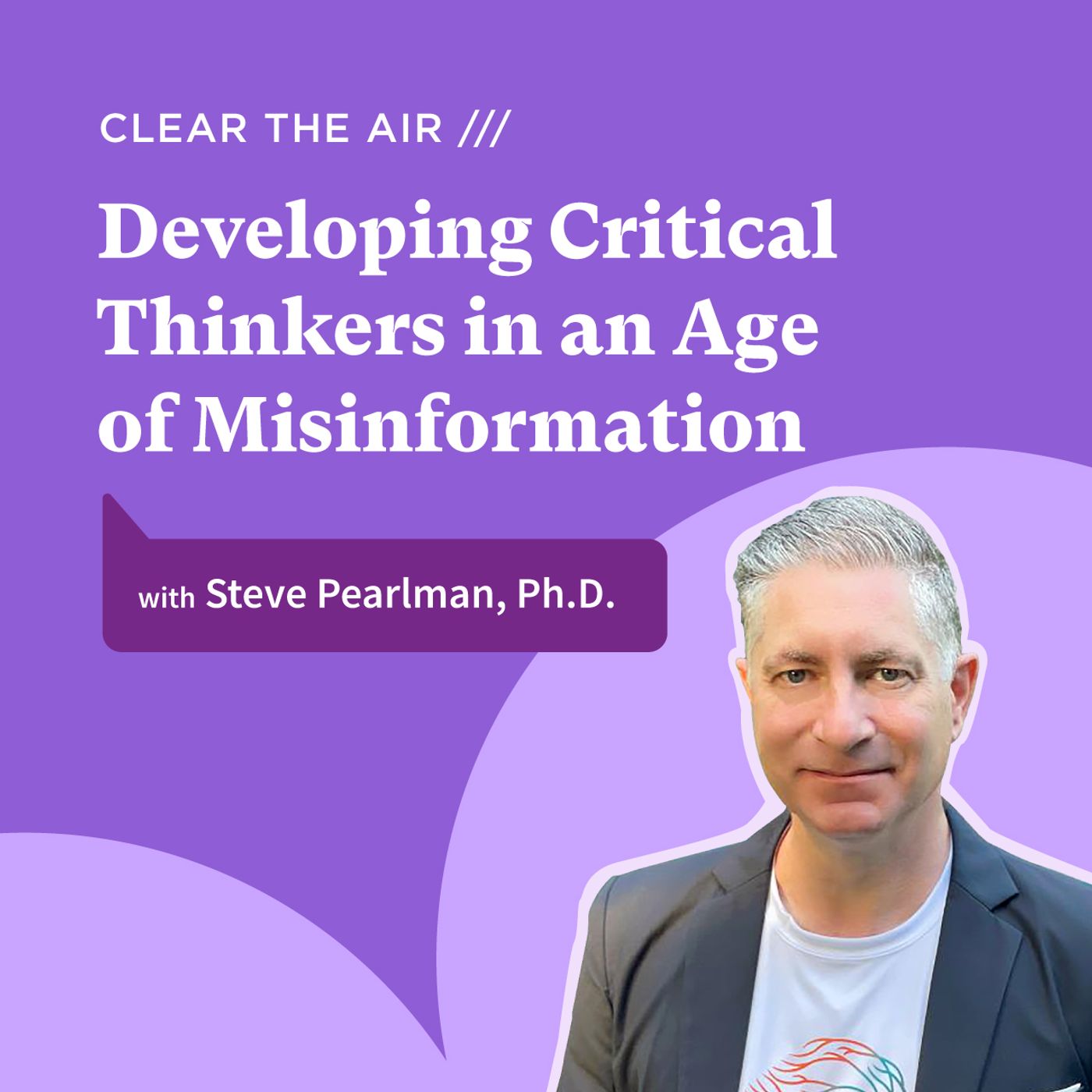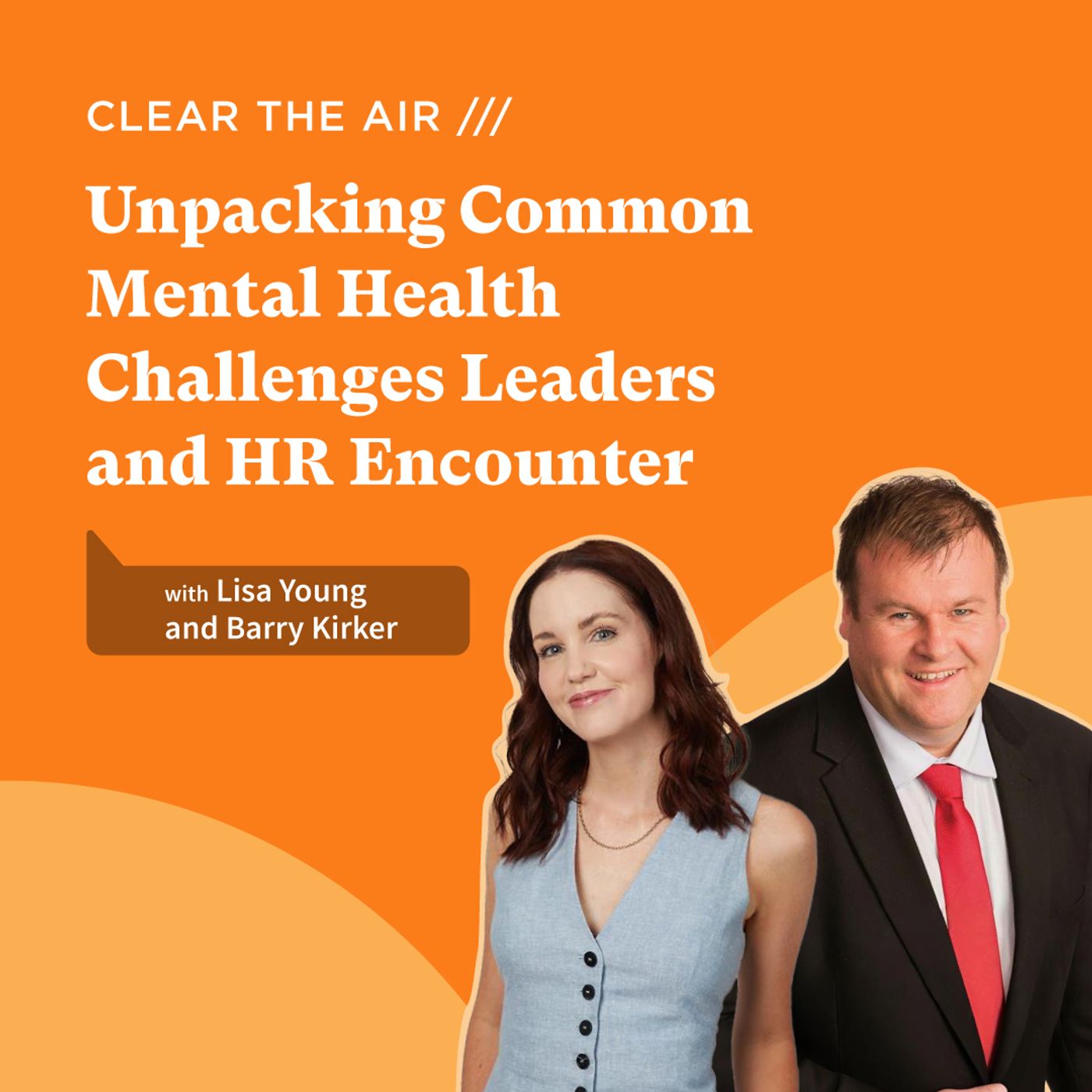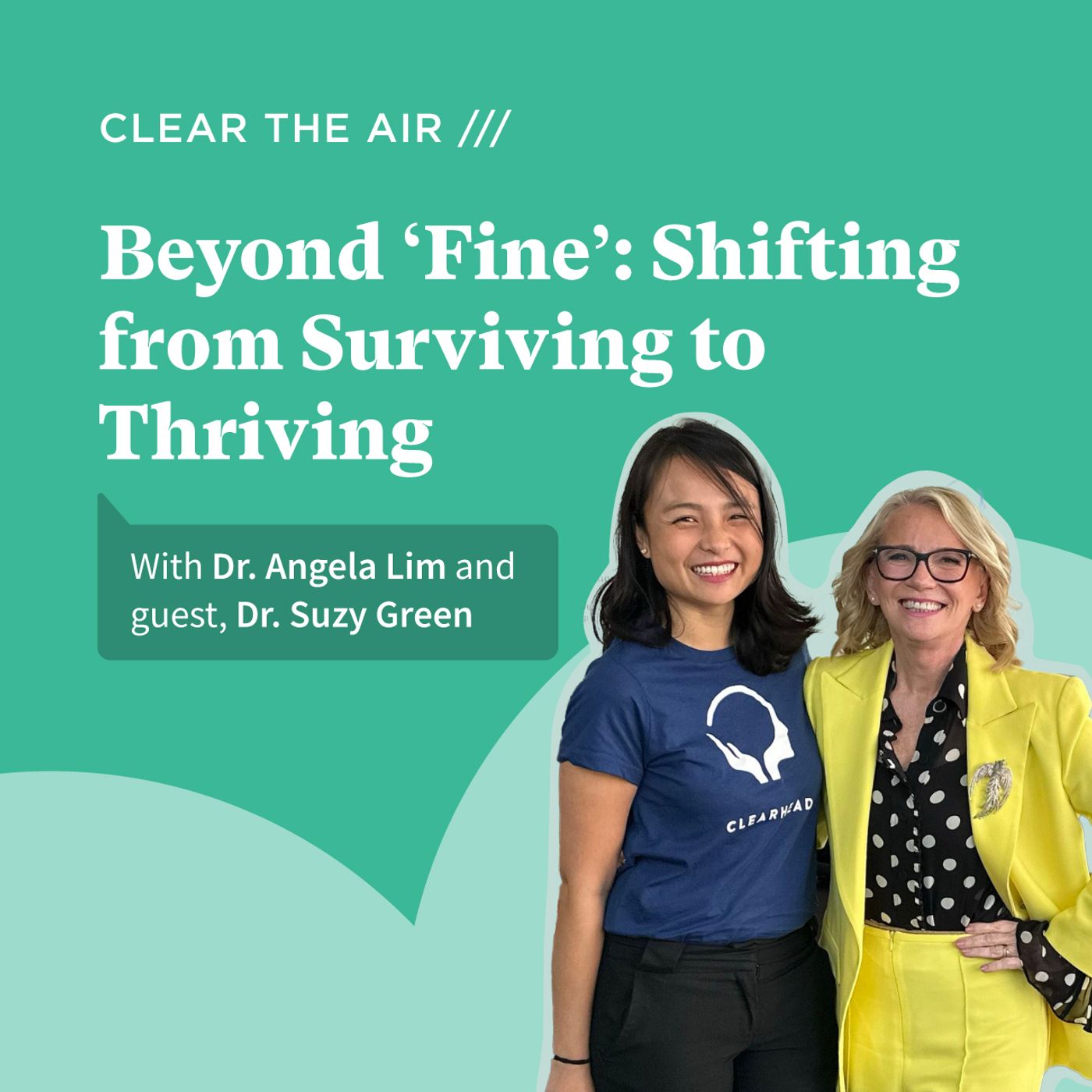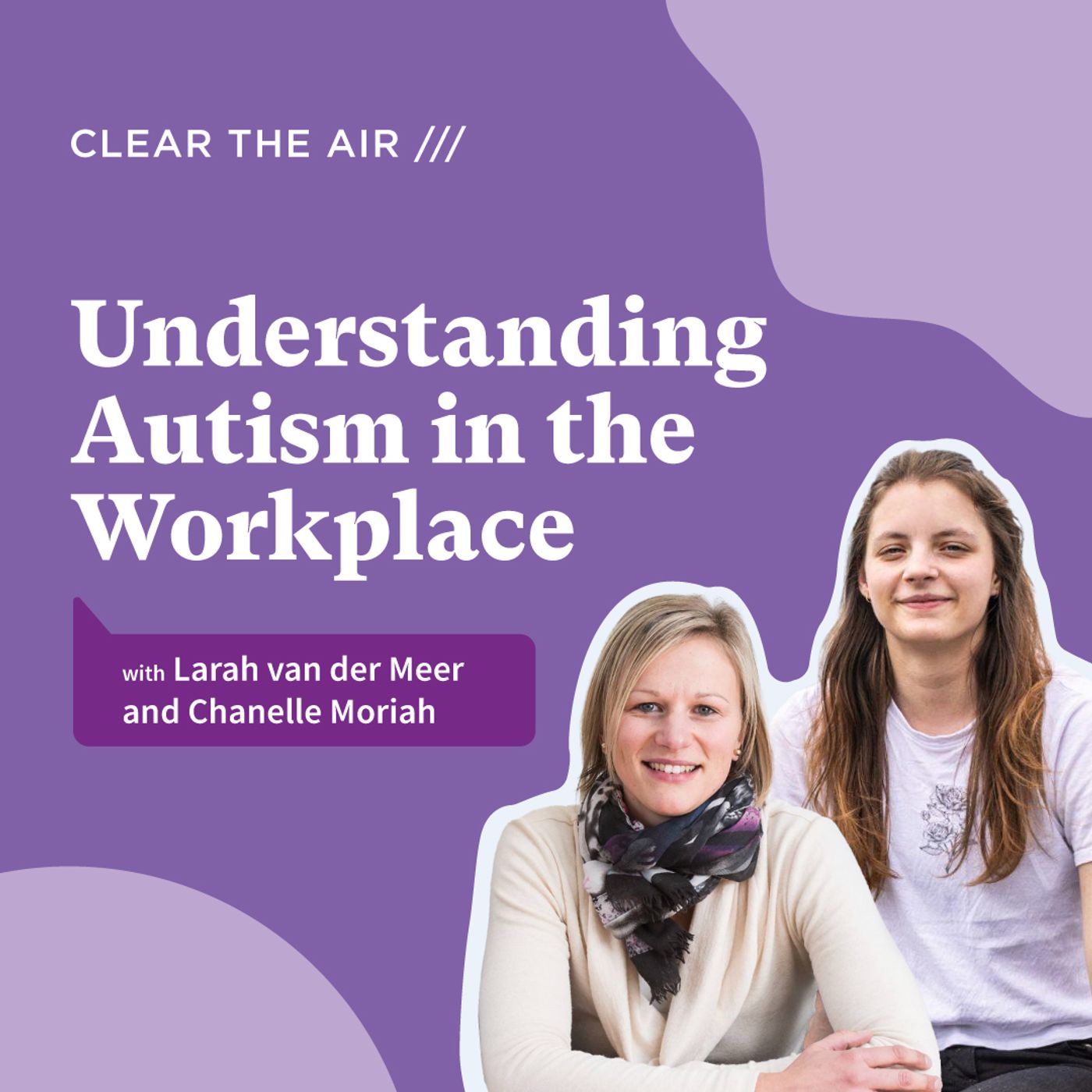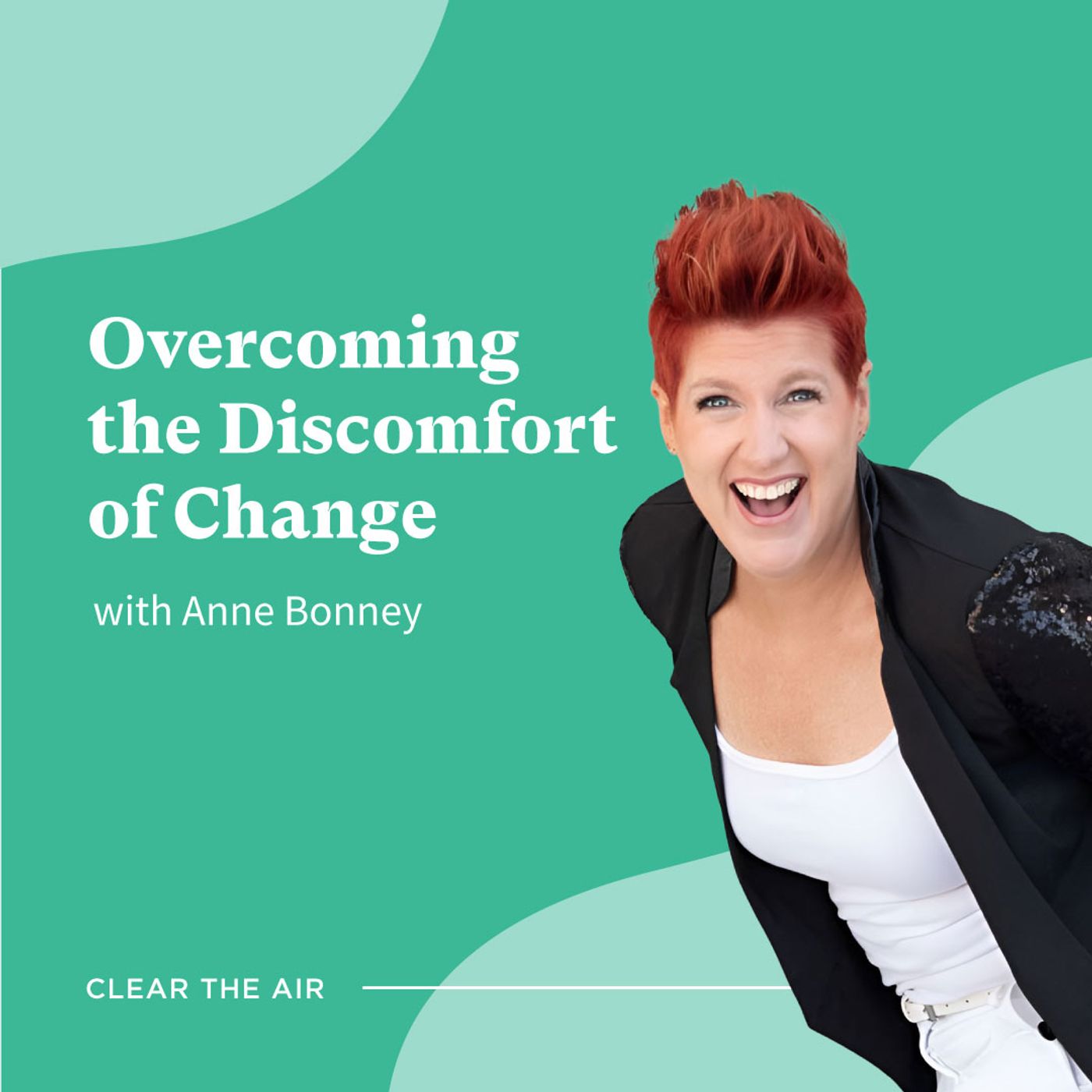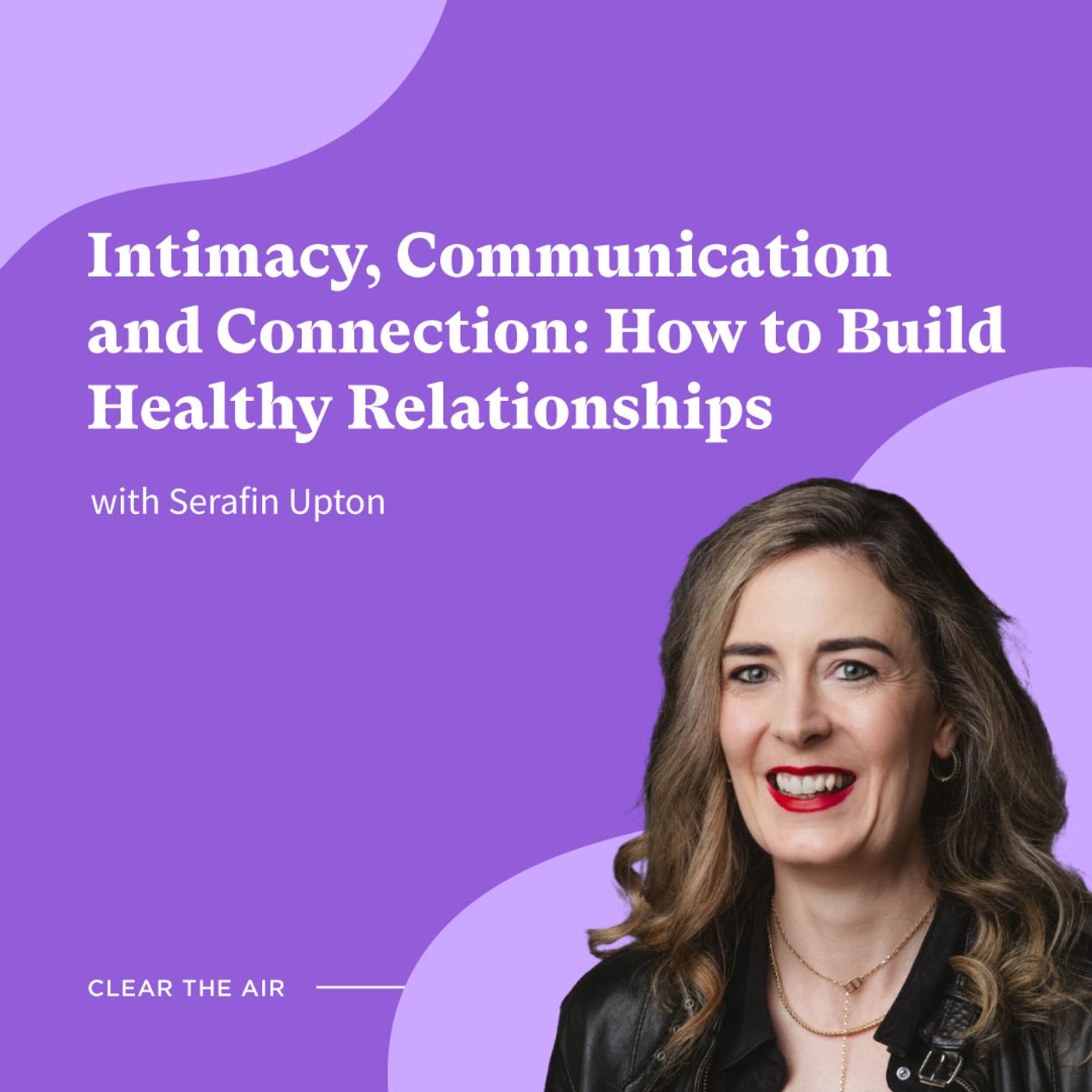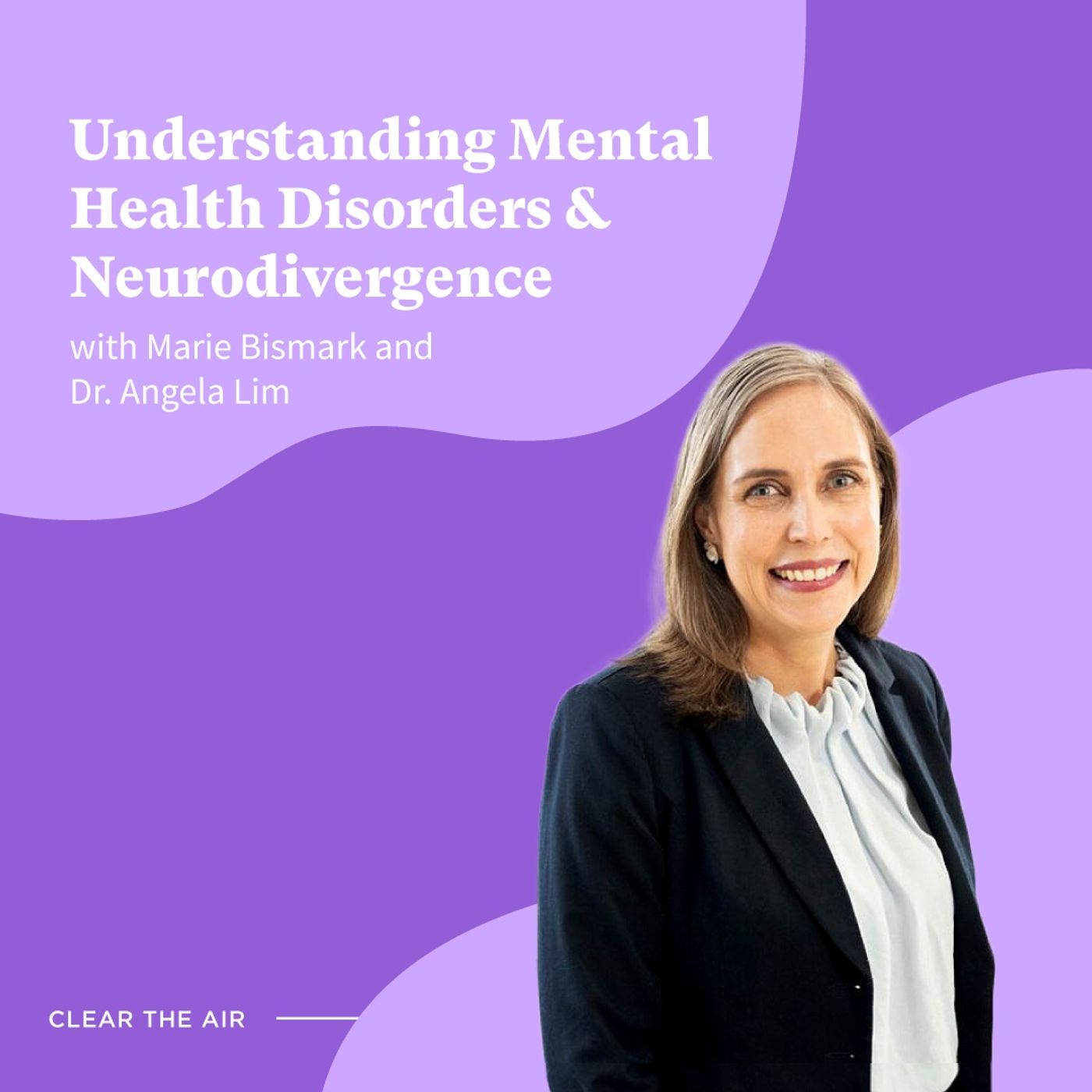34: Developing Critical Thinkers with Steve Pearlman
Update: 2025-08-26 1
1
Description
In an age overwhelmed by information, opinion, and polarization, the ability to think critically isn't just useful, it's essential. In this episode, we will learn how we can develop strategies to think critically and make smarter decisions, what it means to challenge assumptions, expose common thinking traps, and offer immediately usable strategies for clearer, more effective reasoning in everyday life.
Steve’s biography:
Steve Pearlman, Ph.D., is arguably the world’s foremost critical thinking expert. After founding the United States’ first academic department solely focused on researching critical thinking and how to teach people to do it, Steve subsequently shared his methods at educational institutions, conferences, and businesses. He is frequently featured in national and international media, and he’s the author of America’s Critical Thinking Crisis: The Failure and Promise of Education.
In this episode, we dive deep into answering the following thorny questions:
00:00 – Introduction
02:00 – Steve’s journey to becoming an expert in critical thinking
04:00 – Critical thinking definition and how it is taught
07:00 – What are default modes of how our brain functions
10:00 – How to maintain critical thinking when there is an overload of information
12:30 – How to assess whether a source of information is credible
15:00 – How to ask the right question when you don’t know what you don’t know
17:15 – Why reassessing the information and refining your initial question is key in critical thinking
18:00 – Why critical thinking does not always need to take a lot of time
19:30 – How to teach kids critical thinking by prioritising reasoning over authority (parenting example)
25:30 – Why intellectual humility is the solution when two people are in disagreement
29:30 – How to deal with someone who is rejecting reason and facts due to polarization in politics
33:10 – Is it possible to maintain critical thinking in the context of time pressures
35:15 – What training programs are available to develop critical thinking skills
37:20 – Example of how leaders remove critical thinking at meetings
39:45 – Example of how leaders can create an environment that fosters critical thinking
42:35 – Can people maintain critical thinking when experiencing burnout
45:30 – What resources are available to move from threat to a challenge that you can meet
48:20 – How to deal with a person who is not receptive to your thinking
51:10 – Why asking questions can cause someone to become defensive
53:20 – Ways to foster critical thinking in virtual meetings
55:15 – How to assess if someone has critical thinking skills
57:45 – How to constructively handle naysayers in discussions
59:50 – One tip to develop critical thinking skills
01:00:55 – What is Steve’s one wellbeing practice
Learn more about the Critical Thinking Institute:
https://www.thectinstitute.com/
Learn more about Clearhead
https://www.myclearhead.com/
Steve’s biography:
Steve Pearlman, Ph.D., is arguably the world’s foremost critical thinking expert. After founding the United States’ first academic department solely focused on researching critical thinking and how to teach people to do it, Steve subsequently shared his methods at educational institutions, conferences, and businesses. He is frequently featured in national and international media, and he’s the author of America’s Critical Thinking Crisis: The Failure and Promise of Education.
In this episode, we dive deep into answering the following thorny questions:
00:00 – Introduction
02:00 – Steve’s journey to becoming an expert in critical thinking
04:00 – Critical thinking definition and how it is taught
07:00 – What are default modes of how our brain functions
10:00 – How to maintain critical thinking when there is an overload of information
12:30 – How to assess whether a source of information is credible
15:00 – How to ask the right question when you don’t know what you don’t know
17:15 – Why reassessing the information and refining your initial question is key in critical thinking
18:00 – Why critical thinking does not always need to take a lot of time
19:30 – How to teach kids critical thinking by prioritising reasoning over authority (parenting example)
25:30 – Why intellectual humility is the solution when two people are in disagreement
29:30 – How to deal with someone who is rejecting reason and facts due to polarization in politics
33:10 – Is it possible to maintain critical thinking in the context of time pressures
35:15 – What training programs are available to develop critical thinking skills
37:20 – Example of how leaders remove critical thinking at meetings
39:45 – Example of how leaders can create an environment that fosters critical thinking
42:35 – Can people maintain critical thinking when experiencing burnout
45:30 – What resources are available to move from threat to a challenge that you can meet
48:20 – How to deal with a person who is not receptive to your thinking
51:10 – Why asking questions can cause someone to become defensive
53:20 – Ways to foster critical thinking in virtual meetings
55:15 – How to assess if someone has critical thinking skills
57:45 – How to constructively handle naysayers in discussions
59:50 – One tip to develop critical thinking skills
01:00:55 – What is Steve’s one wellbeing practice
Learn more about the Critical Thinking Institute:
https://www.thectinstitute.com/
Learn more about Clearhead
https://www.myclearhead.com/
Comments
In Channel

